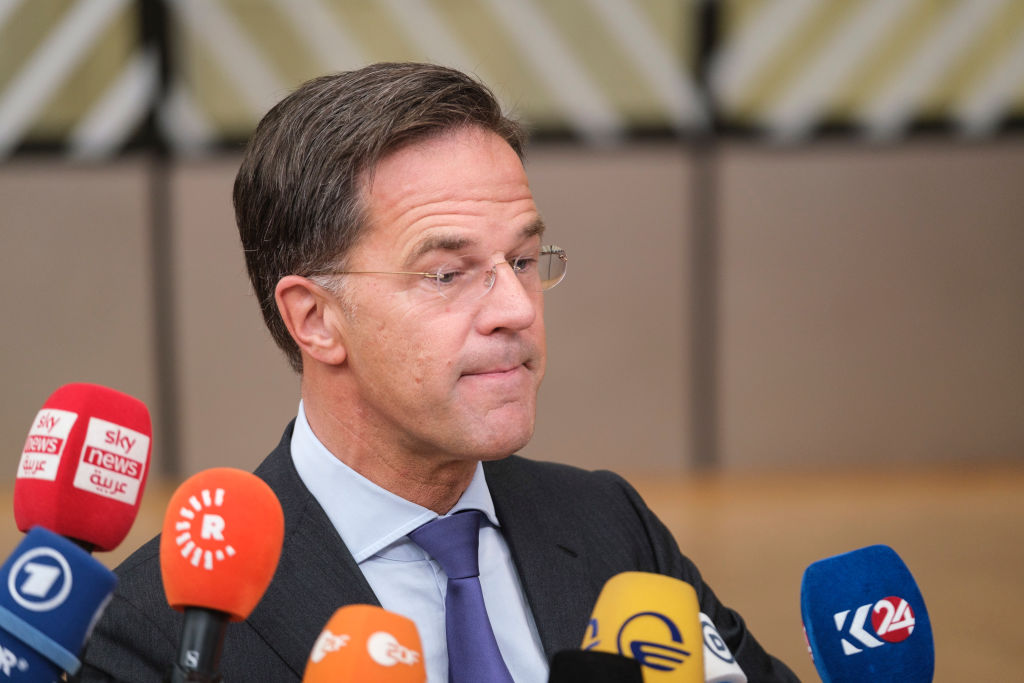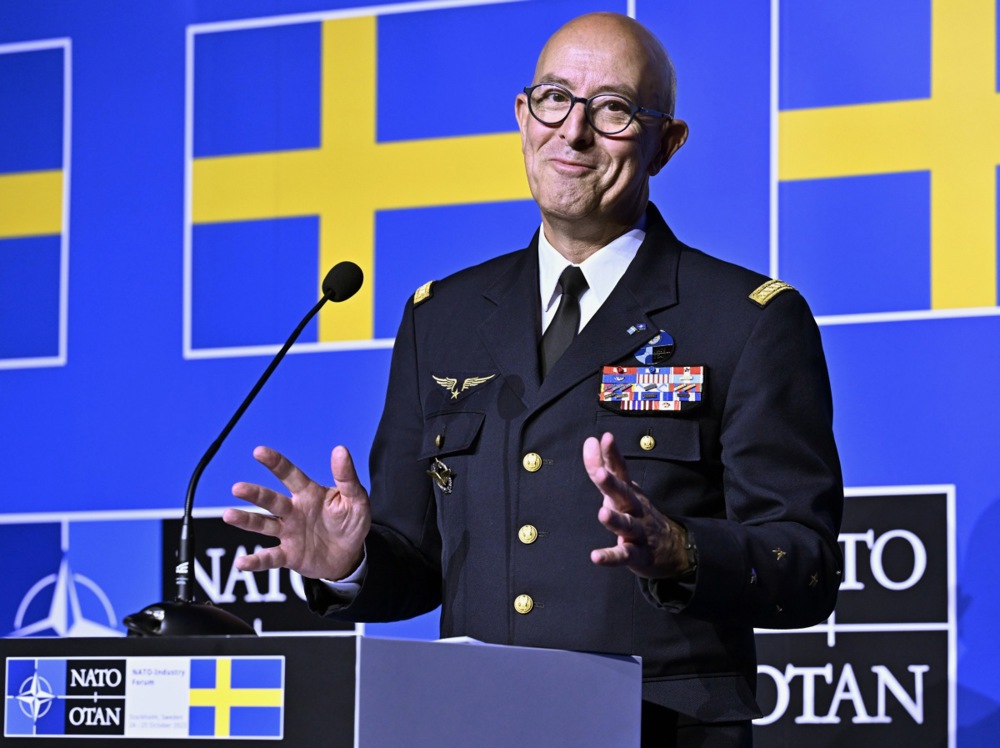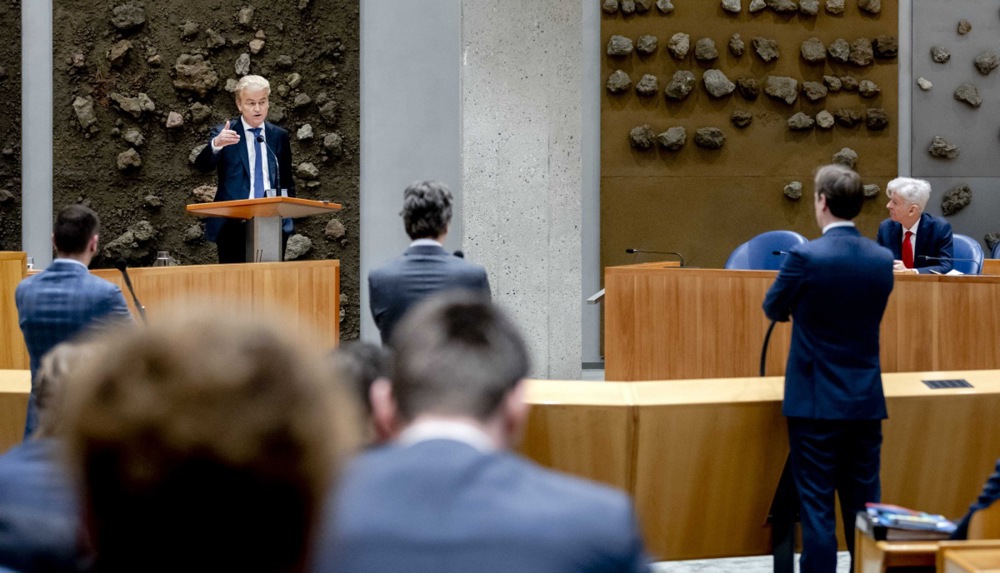More western governments are backing former Dutch PM Mark Rutte for Nato’s next secretary-general.
While Dutch party leaders still have not selected the country’s next PM, following its November 22 elections, the outgoing one is receiving an increasing number of supporters for what may be his next position.
President Biden is supporting Rutte to succeed former Norwegian PM Jens Stoltenberg, who has been the Alliance’s head since November 2014, a US official told Reuters February 22.
“PM Rutte has a deep understanding of the importance of the Alliance, is a natural leader and communicator, and his leadership would serve the Alliance well at this critical time,” the official said.
The UK government also backed Rutte on February 22, citing his “serious defence and security credentials to lead the transatlantic organisation.”
“Rutte is well-respected across the Alliance, has serious defence and security credentials, and will ensure that the Alliance remains strong and ready to defend and deter,” a UK official told The Guardian on February 22.
The growing support for Rutte comes after reports Germany’s Chancellor Olaf Scholz has blocked the current European Commission president, Ursula von der Leyen, as Stoltenberg’s successor.
The development prompted von der Leyen to announce her bid to lead the European Commission for a second time.
With his main competitor out of the way, and apparently no governments adhering to previously stated preferences for selecting a woman, Rutte seems now to be the job’s clear favourite.
He would succeed Jens Stoltenberg in October, at a pivotal moment in Nato history.
Nato’s next head will need to maintain members’ support for Ukraine’s expensive defence against Russia’s invasion, while preventing any escalation that would force the Alliance to fight with Moscow.
At the same time, it seems the next leader will also need to keep Donald Trump happy, with the flamboyant American leading in the polls and is projected to become the next US president.
In election rallies, Trump is critical of countries he regards as not paying their fair share in the collective defence.
Trump views these as freeloaders and has even stated he would encourage Russia “to do whatever the hell they want” to such countries.
Rutte, by contrast, is seen as a slick political operator, having led his country for 13 years, and survived many crises and scandals.
Critics accuse him of having served others’ agenda in exchange for his job as PM, and argue he pushed the Netherlands to more heavily support Ukraine in order to improve own his chances to lead Nato.
When he announced his exit from politics, he said he would not seek a high-profile role on the international stage, and indicated he might become a full-time teacher.
Later, on October 28, Rutte did admit he might find it “very interesting” to be able “to contribute” to the Alliance.





